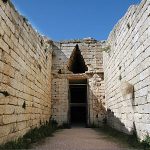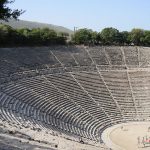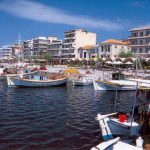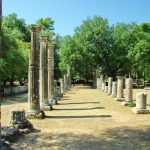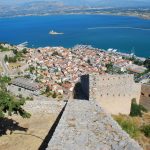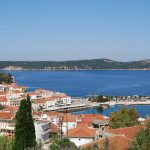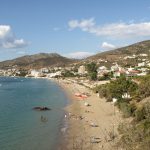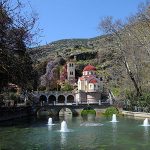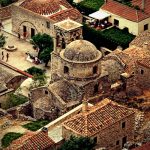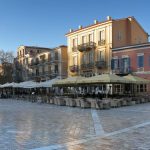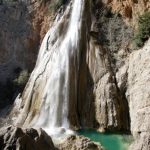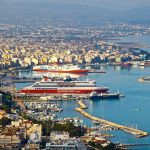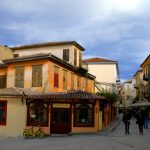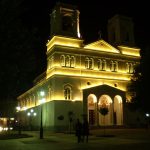Famous worldwide are oil and olives that you will find in the Peloponnese, and more specifically, and. Also, the wines of Nemea and Mantineia and the famous Malvasia, which began again to be produced in Monemvasia. Delicious oranges produced in the region of Sparta and Argos. In Arcadia make handmade noodles and pasta, sold in shops with traditional products, while famous is the local honey, wine, chestnuts and the famous Tsakonian eggplant. It tastes cured sausages Mani and recipes with artichoke.
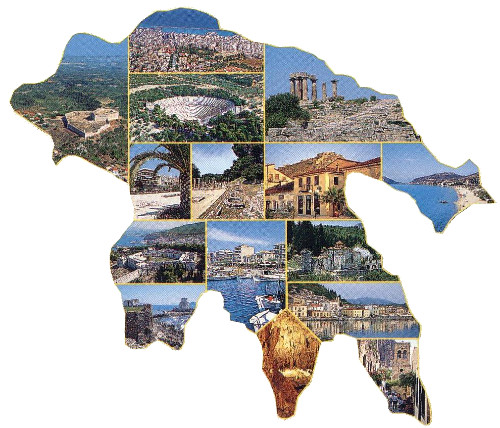
Greek Independence
The Peloponnesians played a major role in the Greek War of Independence – the war actually began in the Peloponnese, when rebels took control of Kalamata on March 23, 1821. The Greek insurgents made rapid progress and the entire peninsula was under Greek control within a few months, with the exception of a few coastal forts and the main Turkish garrison at Tripolitsa. The fighting was fierce and marked by atrocities on both sides; eventually, the entire Muslim population was either massacred or fled to the forts. The capture of Tripolitsa in September 1821 marked a turning point. Rivalries among the insurgents eventually erupted into civil war in 1824, which enabled the Ottoman Egyptian vassal Ibrahim Pasha to land in the peninsula in 1825.[34] The peninsula was the scene of fierce fighting and extensive devastation following the arrival of Ibrahim’s Egyptian troops. Partly as a result of the atrocities committed by Ibrahim, the UK, France, and the Russian Empire decided to intervene in favor of the Greeks. The decisive naval Battle of Navarino was fought in 1827 off Pylos on the west coast of the Peloponnese, where a combined British, French and Russian fleet decisively defeated the Turko-Egyptian fleet. Subsequently, a French expeditionary corps cleared the last Turko-Egyptian forces from the peninsula in 1828. The city of Nafplion, on the east coast of the peninsula, became the first capital of the independent Greek state.


